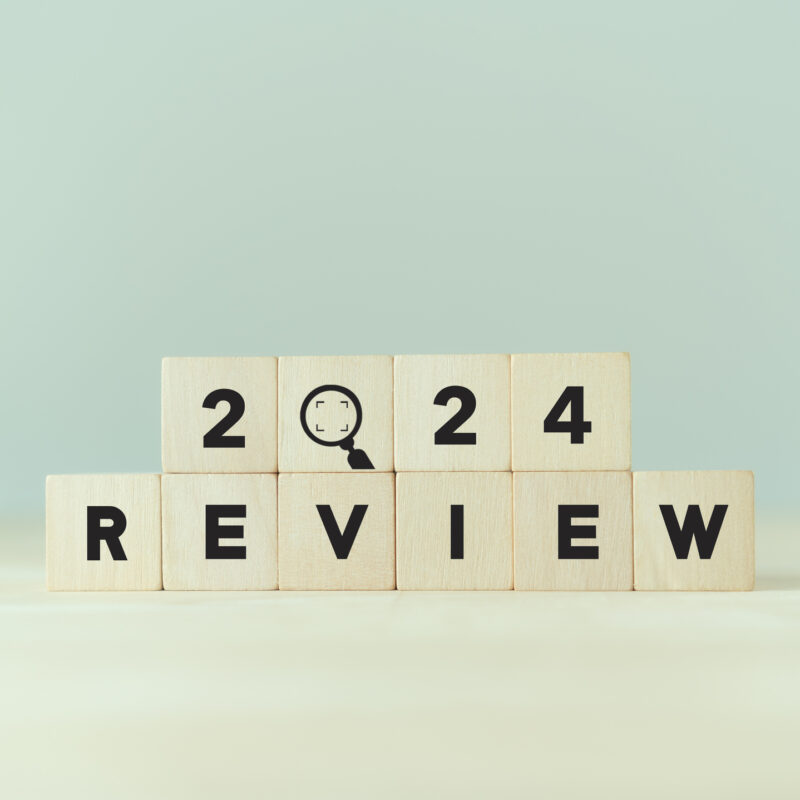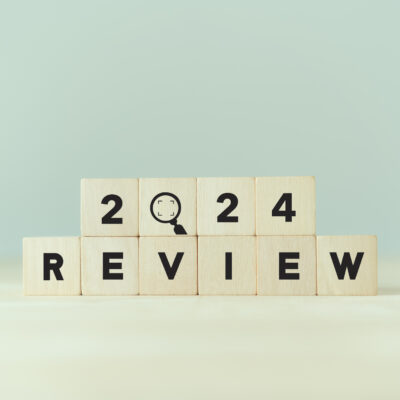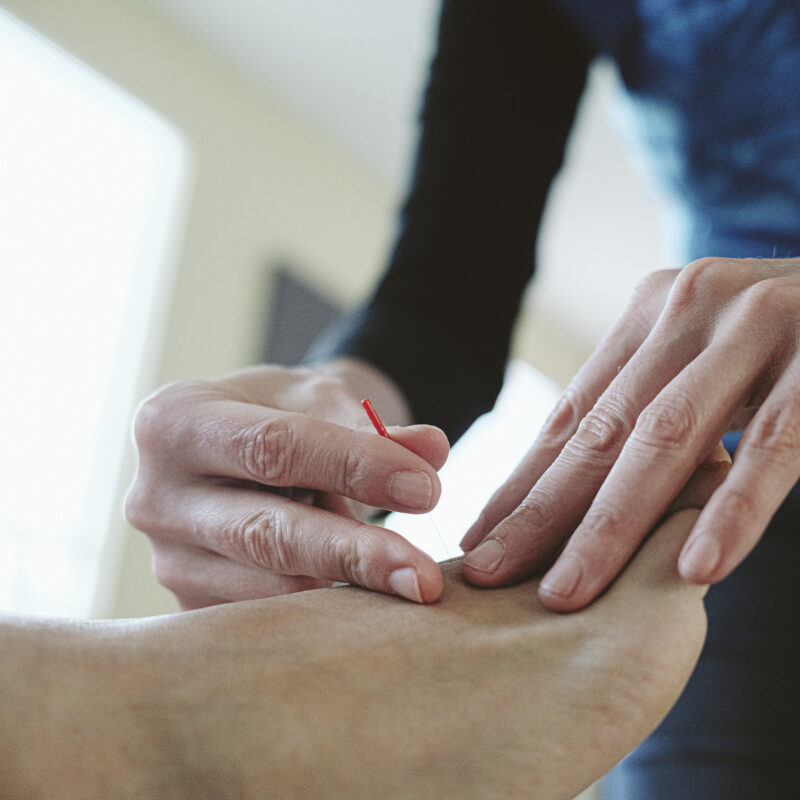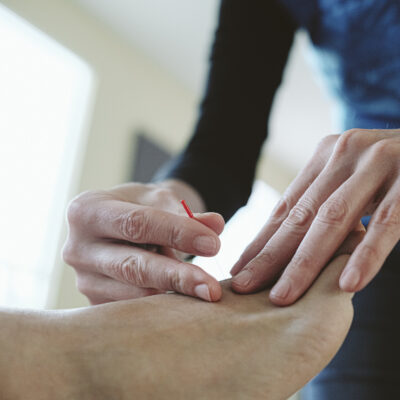If there’s one thing I’ve learned about wine people, it’s that you can’t predict where a conversation will wander. With Bruce Zoecklein, the professor emeritus who heads Virginia Tech’s enology grape chemistry group and is also the State Enologist, we ended up in the land of philosophical rationalism and empiricism, with a stop at the Clystrom Modulator, about which more later.
|
Zoecklein was in the area recently to meet with wineries about this year’s crazy, drought-influenced harvest. “This vintage is a little bit more atypical than the standard atypical vintages,” he says. |
Since Governor McDonnell came into office singing the praises of the statewide industry, Zoecklein’s operation has been among the beneficiaries of new funds that amount to $1.2 million—an additional $720,000 from previous years for marketing, education and research. This means greater resources for lab work, for sure, but what really has Zoecklein jazzed is the impact on extension activities. With a travel budget, he says, he can go beyond seminars and electronic bulletins, to “provide specific recommendations based on production philosophy and practices at a winery with my understanding of what it is they have to work with and their particular goals.”
Make no mistake, Zoecklein is a science guy. Taste seminars, an experimental vineyard, winery and vineyard management data—that’s the kind of program he’s established since 1985 when the native Californian joined the faculty at Tech. Luckily for the future of the state wine industry, it was only after he’d accepted the job that he read a book from an unnamed leading wine authority. The expert said of Zoecklein’s new state: “Well, yes, they are making wine in Virginia. But one would have to ask themselves why.”
Well, a lot has changed in 25 years starting with the fact that some Virginia winemakers are making world-class vintages. And more of us are drinking the local product (see below). Zoecklein has been a major force in helping winemakers understand what can grow well in Virginia. But, I had to ask, don’t all those beakers and analyses take the romance out of winemaking? “Yes, we run into that concern,” he said. “It’s like Descartes versus John Locke. Locke was very much an empiricist who stated that our only true knowledge of the world comes through our senses and our own experience. Whereas Descartes pointed out that that cannot truly be the case because our senses are very errant. For example, if you put a stick of wood in water, it looks bent, but it’s not really. I respond to the supposed dichotomy by saying that they are not contradictory. They are supplementary. What science-based winemaking does is allow you to understand your empirical judgments to a greater degree.”
A recent project coming out of Zoecklein’s lab is something he calls the “electronic nose,” a device that perceives volatiles that can’t be detected by the human schnoz. A lot changes in the chemistry of grape berries at the point when free volatiles are emitted, so knowing they are there can be important. Alas, the decidedly unromantic name of the device is causing trouble, so a lab tech suggested calling it the Clystrom Modulator. What’s that, you might ask. “Whatever you want it to be.”
•
On a cold and rainy Wednesday night, Megan Headley repped the Working Pour team by heading to Monticello where the Governor’s Cup winner in the Whites category was named. Her dispatch here: “Local winemakers and wine lovers took shelter from the rain to kick off Virginia Wine Month, where America’s first wine prophet most definitely smiled down at the sight of his dream fulfilled. Virginia’s First Lady, Maureen McDonnell, presented the 2010 Governor’s Cup award for white wine to the 2009 Chardonnay from Paradise Springs, a Clifton-area newcomer. Out of 200 entries, two-thirds received awards, but when Virginia Secretary of Agriculture and Forestry, Todd Haymore, announced that sales of Virginia wine increased by 13 percent for the fiscal year, everyone felt like a winner.”






